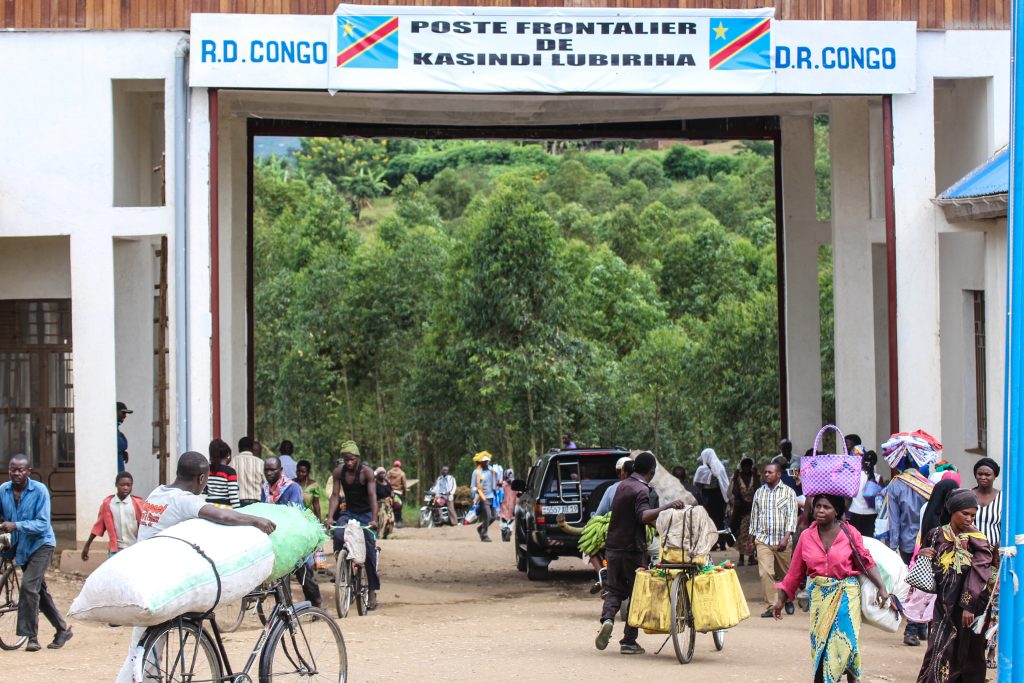
Noting the need to facilitate and enhance small-scale cross-border trade, the Government of the Democratic Republic of Congo (DRC) signed an Interministerial Decree on 10 March 2025 to enable the implementation of the COMESA Simplified Trade Regime (STR) on its borders with neighbouring COMESA countries. The DRC shares borders with four COMESA countries Burundi, Rwanda, Uganda and Zambia. The Decree amends and updates the one previously signed on 29 July 2016. COMESA is providing technical support to DRC to implement STR at its borders with Burundi under the Great Lakes Trade Facilitation and Integration Project (GLTFIP) with financial support from the World Bank.
According to Dr Christopher Onyango Director Trade and Customs at COMESA Secretariat, the Decree formally enables small-scale cross border traders between DRC and its neighbouring COMESA countries to trade at zero customs duty on goods/products eligible for STR. However, Value Added Tax shall be payable where applicable. In addition, the Decree endeavours to further decrease the costs of trading by providing for preferential rates on other services provided by the Congolese Control Office, the Animal and Plant Quarantine Office, the Animal and Fisheries Quarantine Office. The charges are regulated to cover only the costs of providing services on imported goods and products under STR.
This Decree is a game changer in organising small-scale cross border traders and the eventual formalisation of small-scale cross border trade. Small-scale cross border traders are required to be members of a recognised association of small-scale cross-border traders. It is easy and effective to support organised small-scale traders.
Organic small-scale cross border trade financing such as savings and credit cooperatives and revolving funds are well manageable under associations. Similarly, capacity building interventions can be effectively delivered to organised small-scale traders. Cross border traders’ associations form a critical pillar in the implementation of the STR.
COMESA, under the World Bank financed GLTFIP, is supporting Burundi and DRC to strengthen capacities of small-scale traders associations and encourage traders to join government recognised associations of their choice.
The Decree also provides a legal basis for the establishment of Trade Information Desks within the border post control zone. TIDs help small-scale traders clear their goods under STR, assist traders to get required support to address challenges experienced at borders, mediate between traders and border officials, and collect gender disaggregated trade statistics required to support evidence-based policy making process.

